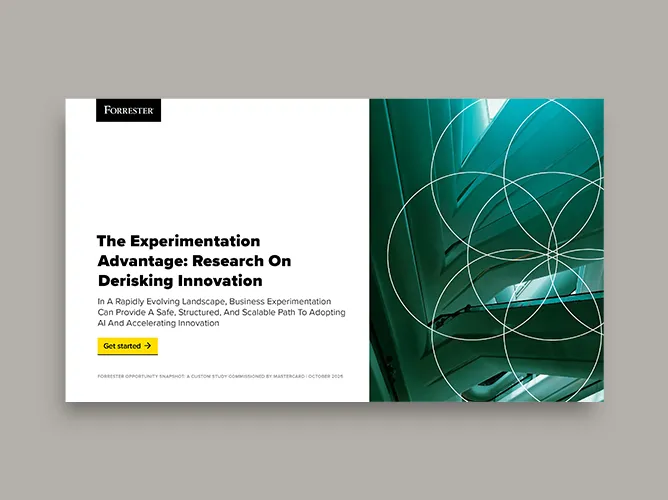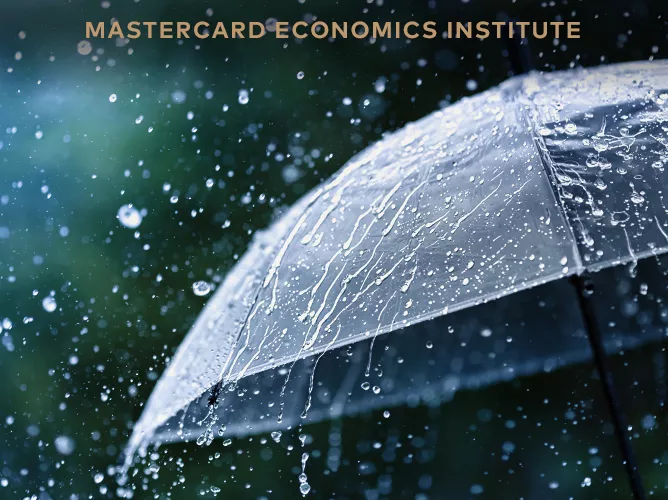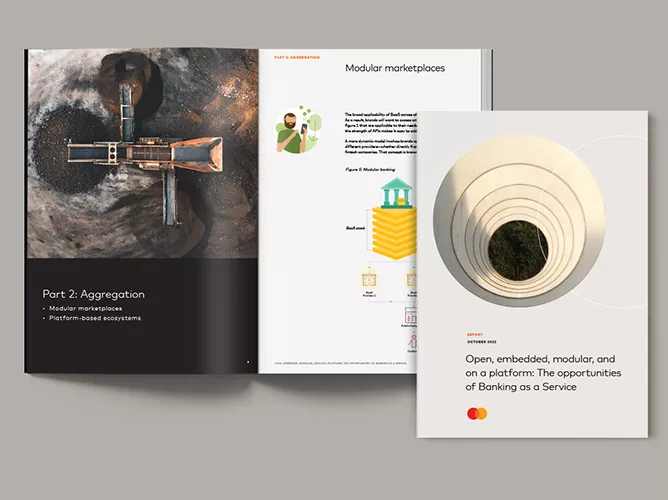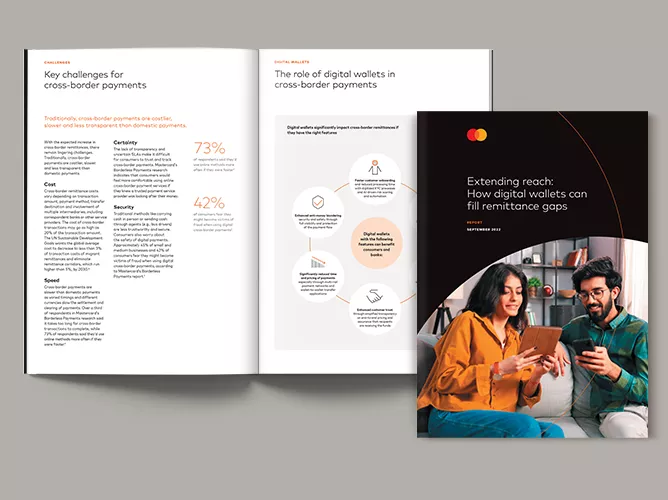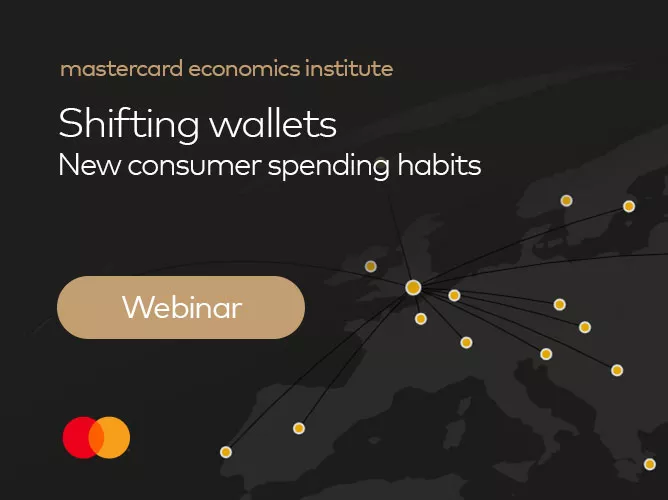This report is the third in a series of reports by the Open Banking Working Group of the MENA FinTech Association (MFTA). It follows Open banking: A vision from the Arab world in 2020 and Open finance: A framework for the Arab region is more than a question of scope in 2021.
Today’s embedded finance is no longer the exclusive preserve of traditional banks and established partners.
Embedded finance now allows almost any brand—big or small—that adopts APIs to become a fintech company.
It already represents billions of dollars worldwide, and the MENA region is no exception.
But some clarity is needed. The blurry distinction between embedded finance and Banking as a Service (BaaS) becomes blurrier still when open banking and open finance are added to the mix. A clearer understanding of embedded finance makes it easier to avail of all the opportunities it brings.
Effective and coordinated regulation can help further define the space. Regardless of differences between individual jurisdictions in MENA, there is an emerging consensus around a need for standardized open banking APIs and robust data protection laws. Proper governance can ensure unified and often automated approaches to know-your-customer (KYC) and anti–money laundering (AML) monitoring and compliance, digital identity and data consent management, ESG certification, and technological deployment.
Almost half of the eighteen central banks and monetary authorities surveyed for the earlier MFTA open banking report rated financial inclusion as their top priority for open banking in MENA. Sustainable economic growth of that nature demands an ecosystem that provides scalable innovation by enabling financial service providers to reach entire populations and pass savings onto them.
Embedded finance is now making that growth a reality in MENA.

